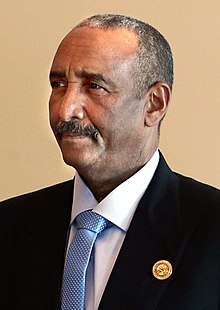Sudan's Political Turmoil: Divisions, Power Struggles, and War
Sudanese armed forces chief Abdel Fattah al-Burhan criticized factional divisions within the former ruling National Congress Party (NCP), warning of the implications for Sudan amidst ongoing conflict with the Rapid Support Forces (RSF). He rejected political activities causing division, prioritizing defeating rebels over ceasefire negotiations.

Amid ongoing conflict in Sudan, armed forces chief Abdel Fattah al-Burhan has expressed concerns about internal strife within the former ruling National Congress Party (NCP). Burhan sees these divisions as a threat to Sudan's stability at a time when unity against the paramilitary Rapid Support Forces (RSF) is crucial.
The NCP, previously led by deposed autocrat Omar al-Bashir, has experienced a schism following the election of Ahmed Haroun as its new leader. Haroun, an associate of Bashir, faces charges of genocide at the International Criminal Court. Despite internal conflicts, the party's influence persists, complicating peace efforts amidst ongoing war.
In his speech in Port Sudan, Burhan dismissed any political moves threatening national unity, emphasizing that the armed forces were not politically aligned. As the war exacerbates the country's humanitarian crisis, both army and RSF are accused of obstructing aid. Burhan remains adamant against ceasefire or negotiations unless the RSF retreats.
(With inputs from agencies.)










